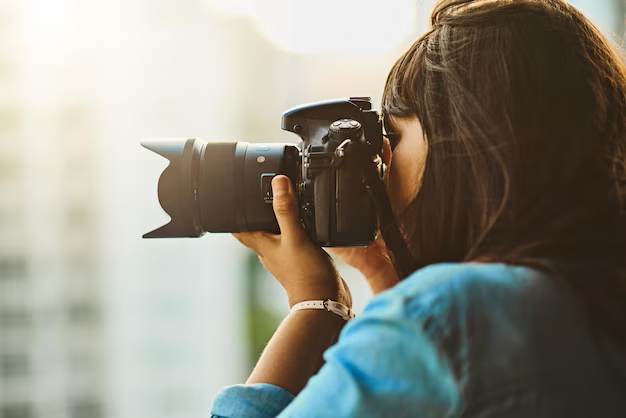It is becoming more and more popular to believe that selfies can be harmful to our mental health. There is worry about the possibility that taking, editing, and uploading selfies on the internet may have a connection with an apparent recent increase in mental health concerns among millennials.
Most of us have yet to fully grasp the impact that “selfie” culture could have on our lives. When people don’t worry about what selfies reveal about our mental health, they talk about Digital Narcissism. This is especially true for teenage girls.
Selfies are thought to encourage an obsession with appearance, and this is exacerbated by the editing tools and filters available that help people present their best image. This leads to general dissatisfaction with appearances because we focus on our flaws and imperfections.
The evidence suggests that there is no direct link between the use of selfies and happiness. The results of research on the relationship between self-esteem and selfies are mixed. Other studies report a link between the posting of selfies and higher levels of self-esteem. Further research found that there was no relationship at all.
These findings clearly show that posting selfies is a complex act that can cause different reactions based on the context and the way the post is received.
What is known about selfies
Selfies are a great way to show off your best features. Although selfie posting is age and gender-neutral, women, and especially young women, appear in more photos and are tagged. Women are also more likely to untag their pictures if they don’t like how they look.
But this is not a sign of a narcissistic culture. For decades, body dissatisfaction has plagued young women. This is not unrelated to the long-standing pressures placed on women to be thin, young, and free of blemishes. For some time, psychological research has argued that social norms encourage us to adopt these beauty standards by encouraging women to pursue a “natural look” through dieting and cosmetic enhancement.
Women and girls are constantly encouraged to “improve” their appearance. The pressure is constant to “improve” your appearance. In this context, selfies are an everyday and routine activity. It’s easy for women to feel pressured by society, so it’s not surprising that women are using selfie editing or filtered selfies as a way to “fix” their appearance.
Selfies are much more than that. In the end, they are a social phenomenon and a way to interact with others. Likes and other positive behaviors will help form online communities. Online approval levels are unmatched in the offline world.
A study revealed that although young women invest time and effort in taking a great picture of themselves, the goal of a selfie is not just to look good. This study found that young women felt the images they chose to upload reflected something “real” or authentic about them. The prestige of being able to tag a photo with #nofilter, indicating that it was not edited with a filter, further reinforces this desire. It’s the same for selfie fails, pictures that people consider too fake.
It’s not just about creating a fake, perfect online look. Researchers found that many people use filters to enhance their photos and correct distortions caused by photo technology. This includes apps that people with darker skin use to correct the distortions created by photo technologies.



